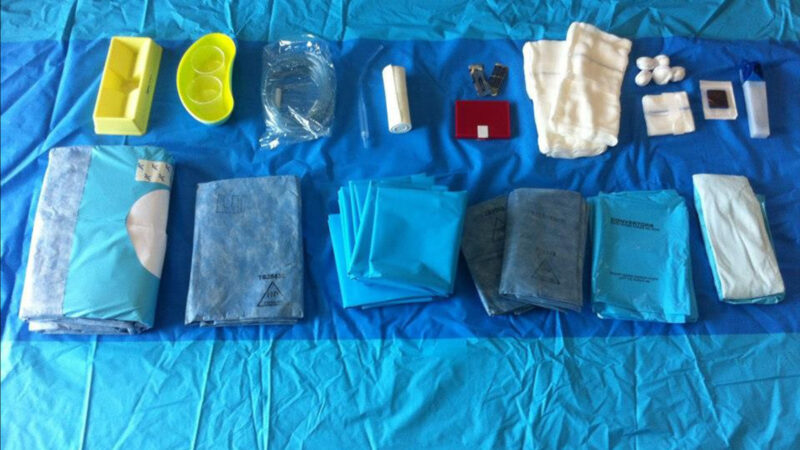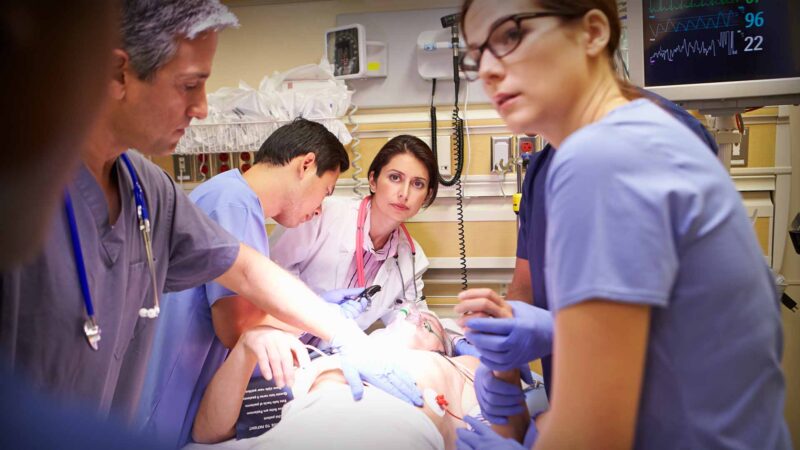Health Career Pathways
How I became an Emergency Physician
with Dr Kim Hansen
Dr Kim Hansen was initially attracted to emergency medicine because of its dynamic and chaotic environment. She enjoyed organising the chaos of the emergency department and working with a variety of patients, from newborn babies to centenarians. Dr Hansen found it fulfilling to help people get better or provide them with assistance and guidance when they couldn’t be cured. The unpredictability of the work was also part of the appeal, and she dedicated herself to developing the skills required to be a good emergency doctor.
To prepare for this role, the Dr Hansen worked in various specialties, including intensive care, paediatrics, anaesthesiology, general medicine, and infectious diseases. She also served as a board member and Chair for the Emergency Medicine Foundation and contributed to the Australasian College for Emergency Medicine in numerous ways, such as advancing women in emergency medicine and promoting patient safety and quality.
Dr Hansen acknowledges that emergency medicine can be a challenging field, as it involves shift work and can be emotionally taxing. However, she remains passionate about what she does to continue to contribute to her department, hospital, and the broader field of emergency medicine. Dr Hansen encourages medical students and junior doctors who enjoy working in a fast-paced, unpredictable environment to consider emergency medicine as a career.
Reflecting on her experience and career pathway, emergency medicine offers a broad range of opportunities, from working in a hospital emergency department to pre-hospital care, retrieval coordination, virtual healthcare, and other specialties such as intensive care, palliative care, or sports medicine. Dr Hansen sees emergency physicians as a cohesive group who support each other and enjoy each other’s company, and the field offers great mobility and work-life balance.
You Might also like
-
Nurse recognised for reducing hospital waste
A nurse who started a charity from a granny flat in her parent’s backyard to reduce hospital waste has taken out one of the Australian nursing profession’s most prestigious honours.
-
Handling modern day diets and misinformation as a HCP
Laureate Professor Clare Collins AO in Nutrition and Dietetics at the University of Newcastle, emphasises the need for accurate and reliable nutrition information to reach the public. Prof Collins believes that it is vital for clinicians to stay up-to-date with cutting-edge nutrition science and work with communication organisations to disseminate information to the general public. This is particularly important as social media is full of both reliable and unreliable information on dietary patterns, such as veganism.
-
Landmark research projects tackle critical issues in emergency healthcare
For two decades, the demand for emergency department services in Australia has outpaced population growth and wait times have increased. In 2022-2023 more than 8.8 million emergency department presentations occurred nationwide.
While demand is a contributing factor, EDs are currently being impacted by various factors across the entire health system.
The Emergency Medicine Foundation (EMF) is a non-profit organisation funding innovative Australian research that improves the way people are cared for in a medical emergency. The aim of the research is to deliver better and more effective health services to save lives and money.



